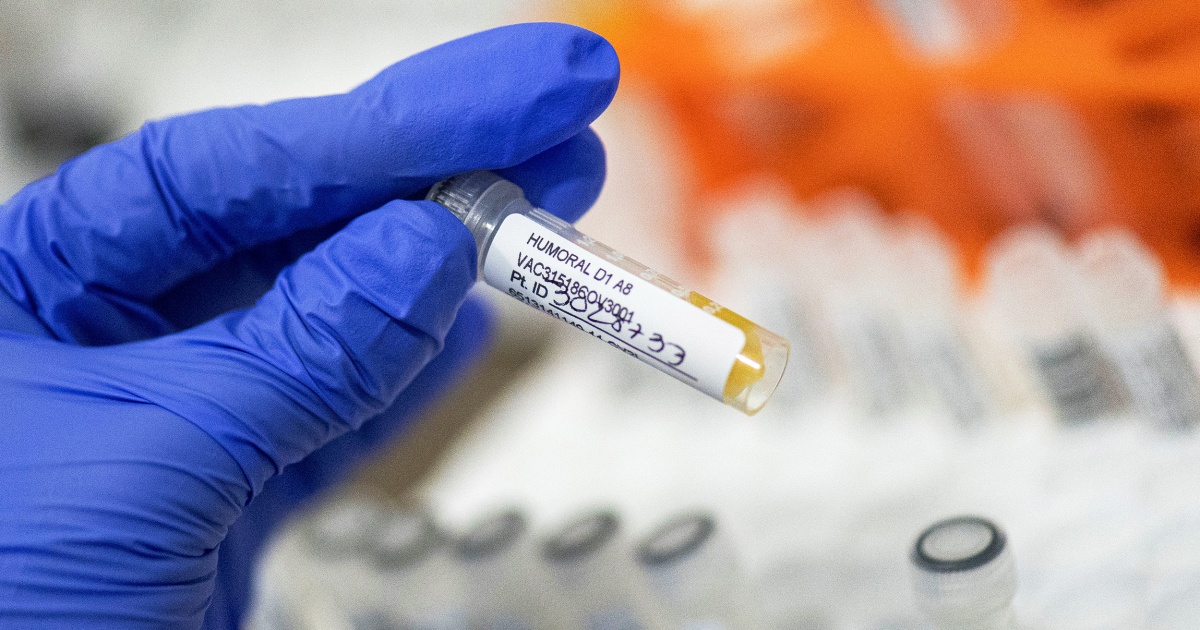J&J phase 3 trial data.
"Johnson & Johnson's phase 3 trial results found that the vaccine was 85 percent effective overall at preventing severe disease, which included illnesses requiring hospitalization."
It's interesting that they talk about effectivity against severe disease, while the others talk about effectivity against be symptomatic. Not sure how I feel about this. Using the same measure, Pfizer and Moderna are pretty much 100% effective in prevent server disease. 15% isn't a lot, but if I had my choice I would take the Pfizer of Moderna over this one.
The vaccine could be authorized by the FDA by the end of February.

www.nbcnews.com
Oh, absolutely. And wealthy nations will continue to use the vaccines they can afford, which are better. However, some confounders here: 1, these trials were completed as the new variants were spreading, which likely lowered efficacy outside N. America (the highest efficacy, 72%, was observed in the US trial). 2, this uses an adenovirus vector. If you’ve been exposed to that adenovirus (even though they’ve changed the inside of the virus), your antibodies can limit effectiveness. They purposely chose a relatively rare strain in N. America (perhaps 10-20% of Americans have antibodies against it), but one that is rather common in Africa and Asia—it was 57% efficacious in S. Africa.
Also, the older you are, the more likely you are to have those adenovirus antibodies. I suspect we may see better results in kids, where a 1 dose shot would be ideal. It also will be helpful in areas where we can’t easily maintain cold temperatures and for populations less likely to get two shots. In particular, the otherwise healthy, young fence sitters might come out for one shot, but not two. For them, 72% efficacy is fine.
So, the results are good, although we have been biased by the incredible effectiveness of the Pfizer and Moderna shots. This will certainly gain an EUA. Pfizer and Moderna did report on ability to prevent severe illness and death, both near 100%. So this is less than that. They are currently testing a 2-dose regimen, which could certainly raise efficacy toward the Moderna and Pfizer numbers for countries with Scrooge McDuckian vaccine stockpiles.
I notice they don’t share an efficacy against symptomatic illness, so I presume that’s lower and that this will be less effective at preventing spread—it will largely just be beneficial to the recipient.
There were no allergic reactions, which is also important. Those with a history of allergic reactions to vaccine are avoiding the existing vaccines.
In the end, given shortages of vaccine, this will be an important tool for certain populations, and 1 billion doses this year will vaccinate 1 billion people, limiting hospitalization and preventing death (according to their data).

